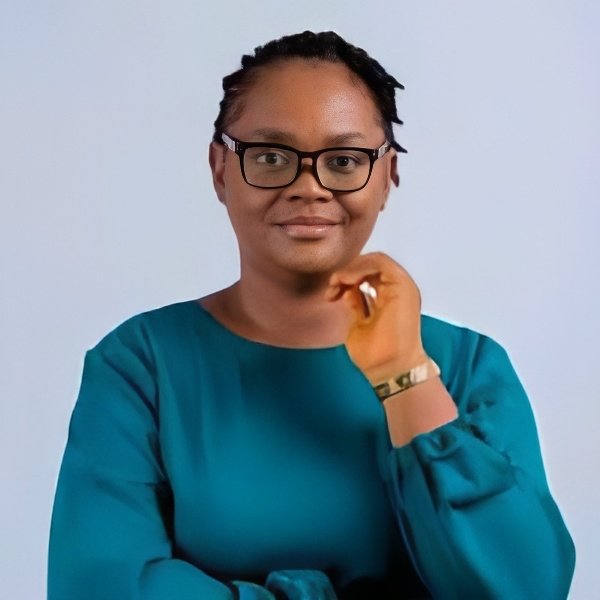Martha Omoekpen Alade empowers Nigerian women and girls in technology through Women in Technology in Nigeria (WITIN). She is bridging the gender gap by providing digital skills and leadership opportunities and advocating for gender equity in the tech industry.
Walking into a tech conference to see a sea of men, with only a handful of women scattered throughout the room, used to be the norm in Nigeria. According to the National Bureau of Statistics, women comprise only about 22% of the tech workforce, lagging behind the global average of 28% in ICT jobs. But Martha Omoekpen Alade is on a mission to change this narrative.
In 2009, Alade founded Women in Technology in Nigeria (WITIN) to bridge the gender gap in the tech industry by equipping women and girls with digital skills and opportunities. Her passion for technology began with a love for problem-solving. With a background in computer science, she recognised that while technology can transform lives, women are often excluded from many opportunities in the tech sector.
Personally, Alade has faced various biases and barriers that hindered women’s entry into the field, including limited access to training, societal stereotypes, and a shortage of role models. Rather than accept the status quo, she established WITIN as a platform for women to learn and lead in technology.
WITIN’s impactful initiatives
Women in Technology in Nigeria (WITIN) is a leading non-profit organisation dedicated to advancing women and girls in tech. It was established in 2002 and registered in 2009. It focuses on improving tech opportunities, promoting leadership, and advocating for gender equity through partnerships and community programs. Over 1,500 women and girls graduated from the 2023 Makeathon, where they gained essential tech skills.
WITIN organises capacity-building workshops, conferences, and mentorship programmes to help women develop leadership and entrepreneurial skills for senior tech roles. Many of its participants have gone on to start their tech ventures or take on leadership roles in tech.
The organisation has also established STEM clubs across Nigeria, focusing on girls and their teachers to increase female representation in STEM. Furthermore, WITIN collaborates with international organisations, such as the United Nations, to advance its mission of gender equality and inclusion in technology.
“About 10 years ago, my business was put on the internet. Since then, I have been contacted by different people who got my contact information from the Internet. Through that, I have been able to grow my network of customers and my business,” says Sarah Torere, a small business owner in Badargy, Lagos State.
Torere had no internet access or smartphone and spoke only her local language. She had a pig farm in a remote suburb, and potential customers found it difficult to locate her business. Therefore, her sales were very low. With the help of her daughter, WITIN enabled her to bring her business online, thus making consistent sales for the past 10 years.
“People call me if they need pigs, saying they saw my pig farm sites on the Internet. They even go ahead and locate my pig farms to buy pigs. I have even gotten calls from outside the country for the past 10 years,” she adds.
Alade envisions a country where women are equally represented in and enabled by tech, not just as employees but as leaders and entrepreneurs.



